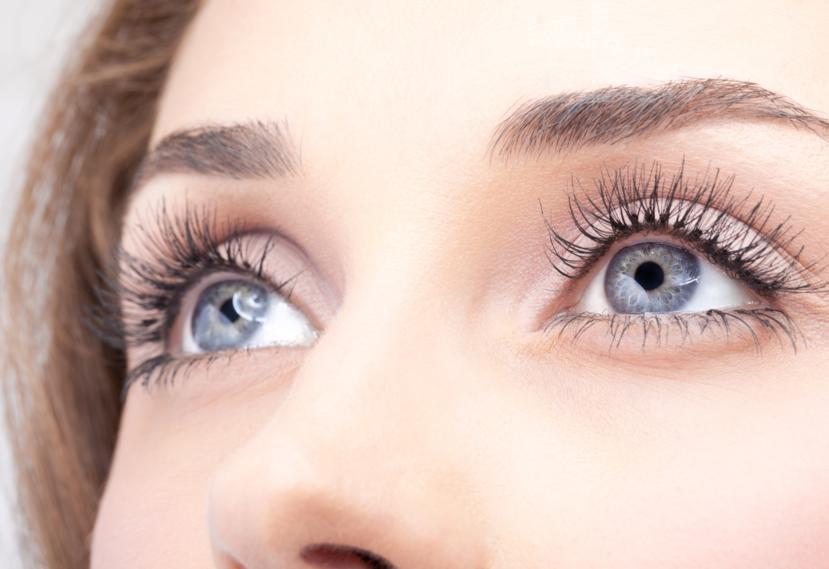6 Helpful Tips for Good Eye Health

Nutrients for good vision
Many studies have show that nutrients, like omega-3 fatty acids, lutein, zinc, and vitamins C and E help to prevent eye disorders associated with aging.
Some foods that may help to maintain eye health include:
- Green, leafy vegetables, like spinach and kale.
- Oily fishes, like salmon and tuna.
- Plant-based protein sources, including beans and nuts.
- Citrus fruits and juices.
A healthy diet prevents a number of conditions, including type 2 diabetes, which may lead to diabetic retinopathy, one major cause of blindness. About 45% of people who have diabetes develop this condition. Diabetes also increases the risk of glaucoma and cataracts.
Quit smoking
Smoking is associated with increased risk of cataract, optic nerve damage, and macular degeneration. Studies show that the more one tries to quit smoking, the more likely that they will be successful.
Use sunglasses
Wear sunglasses when outside, to protect your eyes from the ultraviolet rays of the sun. UV exposure increases the risk of eye problems, like cataracts and macular degeneration. Opt for glasses that block 99 to 100% of UV A and UV B rays. Lenses that wrap-around will provide protection from the sides of the eyes too. Generally, two types of lenses are available – one for extreme exposure as in mountains and beaches and the other for normal use. Discuss with your doctor to decide on the ideal type for you.
Opt for safety wear when needed
Wearing safety glasses and goggles while working with hazardous and airborne materials at home or outside will provide protection against injury, loss of vision and blindness. Sports activities including ice hockey, racquetball, and lacrosse are associated with increased chances of eye injury; therefore protective eye wear, face masks, helmets and goggles with polycarbonate lenses should be used to protect the eyes from sudden injuries.
Look away from the monitor
Staring at computer screens for a long time is a strain for the eyes. It may lead to computer vision syndrome (CVS), which is characterized by:
- Eye strain
- Blurry vision
- Difficulty in focusing at a distance
- Dry eyes
- Head aches
- Neck, back and shoulder pain
Following some simple steps can protect the eye health under such conditions:
- Ensure that glasses and contacts are adequate for use in such conditions
- Place the monitor in such a way that the eyes are in level with the top of the screen
- Use anti-glare on the screen to avoid glare on the screen from doors and windows
- Choose a comfortable seating option
- Blink often to prevent dry eyes
- Give adequate rest to the eyes by looking at something that is 20 feet away for about 20 seconds once every 20 minutes. Take a 15-minute breaks after working for two hours.
Visit eye doctor regularly
Everyone should visit the eye doctor regularly, especially those who have a high risk of developing eye problems. For children, eye check-ups should be done when the child reaches 6-months-old, 3-years-old, and then before they enter the first grade. Adults should get their eyes checked once every two years, and those who are above 60-years-old should get their eyes examined once every year. A macular degeneration treatment is one of the best programs that helps with age-related macular diseases.
The risk of many eye problems, like glaucoma, increases with age and is generally asymptomatic in nature. It is possible for a person to live without knowing its presence. It is possible to control conditions such as macular degeneration, cataract and glaucoma, and maintain good vision if these are diagnosed at an early stage. Catching these conditions at an early stage will help to treat the disease better. One can visit an ophthalmologist depending on the health needs of the person.
A complete eye examination would include:
- Personal and family medical history
- Near and far vision tests
- Tests to see how the eyes work together
- Eye pressure and optic nerve tests
- External and microscopic examination of the eyes, before and after dilation
Additional procedures may be performed depending on the needs of the patient.














